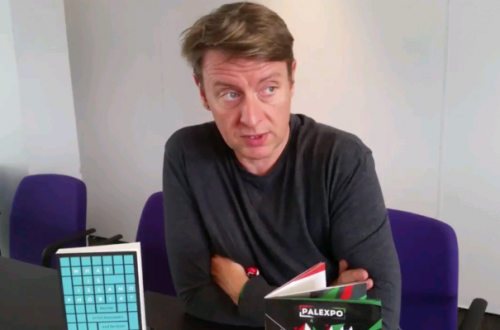by Joseph W
Ostensibly a feminist, Naomi Wolf has a quite nauseating piece on Comment Is Free calling for the victims in the Julian Assange trial to be named.
This is incorrect:
The convention of shielding rape accusers is a relic of the Victorian era, when rape and other sex crimes were being codified in what descended to us as modern law. Rape was seen as “the fate worse than death”, rendering women – supposed to be virgins until marriage – “damaged goods”. The practice of not naming rape victims took hold for this reason.
I think the use of the term “Victorian era” implies that these ideas comes from England. Yet in Britain at least, it’s not a Victorian “convention” but a law, and it dates back to the 1970s not the 1870s.
Via RapeCrisis we learn:
The Sexual Offences (Amendment) Act 1976 sections 4 and 5 provide for the anonymity of complainants in rape cases. The Criminal Justice Act 1988 amended the law on anonymity for complainants in rape cases so that anonymity commences when an allegation of rape is made to police and not–as provided in the Sexual Offences (Amendment) Act 1976–when a defendant is formally accused. The 1988 Act also removed the anonymity of defendants in rape cases. There were further additions made in the Sexual Offences (Amendment) Act 1992 and the Youth Justice and Criminal Evidence Act 1999.
This is what Wolf says about women and rape victims:
Nonetheless, even after women gained legal rights – and as other assumptions about women went the way of whalebone stays – the convention of not naming women who make sex-crime allegations remains. Not only is this convention condescending, but it makes rape prosecutions more difficult.
What, then, of male rape victims? If their names are not published, is their silence also contributing to negative attitudes about women before the Sufragettes? Yet male rape victims do not fit into Wolf’s equation at all.
By the same logic, are female rape victims who don’t want their names published being patriarchal and anti-feminist?
And then:
Finally, there is a profound moral issue here. Though children’s identities should, of course, be shielded, women are not children. If one makes a serious criminal accusation, one must be treated as a moral adult.
For Naomi Wolf, if you accuse someone of raping you, you should have the guts to say your full name, not cower in anonymity.
She might think she’s ushering in a new feminism in which anonymity for rape victims is an oppressive patriarchal construct. But really she’s a lone Wolf.


